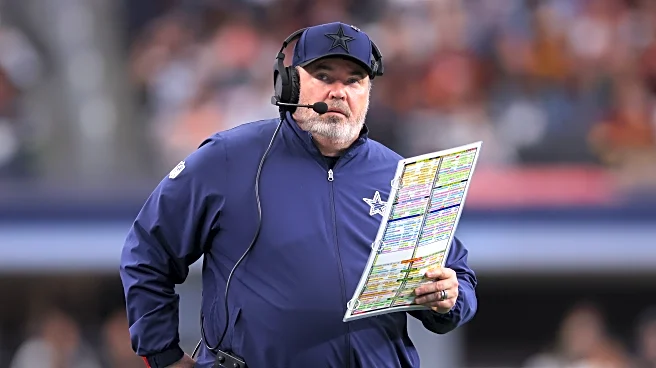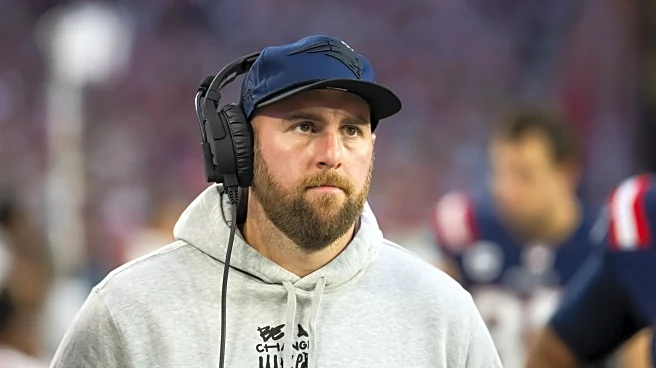What's Happening?
Headway Norfolk and Waveney, a charity providing crucial support to individuals with brain injuries, announced it will close its services at the end of November due to financial difficulties. The closure
is expected to leave a significant gap in support for many, including Stacey Parry, who has been attending the service weekly after suffering from encephalitis. The charity has been a lifeline for many, offering activities that aid in brain function, daily life management, and social support. The decision to close comes amid rising operational costs and a decrease in donations, as explained by Luke Griggs, Chief Executive of Headway UK.
Why It's Important?
The closure of Headway Norfolk and Waveney highlights the financial challenges faced by charities, particularly those providing specialized health services. The loss of this service will impact many individuals who rely on it for rehabilitation and social interaction, potentially leading to increased isolation and decreased quality of life. This situation underscores the broader issue of funding for health-related charities, especially in rural areas where access to alternative services may be limited. The closure may prompt discussions on how to better support such essential services financially.
What's Next?
Headway UK is collaborating with Norfolk County Council to explore alternative support options for affected individuals. However, the immediate future remains uncertain for those who depended on the charity. Stakeholders, including local government and health organizations, may need to step in to fill the void left by the closure. The situation could lead to increased advocacy for sustainable funding models for health charities, ensuring they can continue to provide essential services without financial strain.
Beyond the Headlines
The closure of Headway Norfolk and Waveney raises ethical questions about the responsibility of society to support vulnerable populations, such as those with brain injuries. It also highlights the cultural importance of community-based support systems in fostering independence and improving quality of life for individuals with disabilities. Long-term, this development could influence policy discussions on healthcare funding and the role of charities in the public health landscape.










